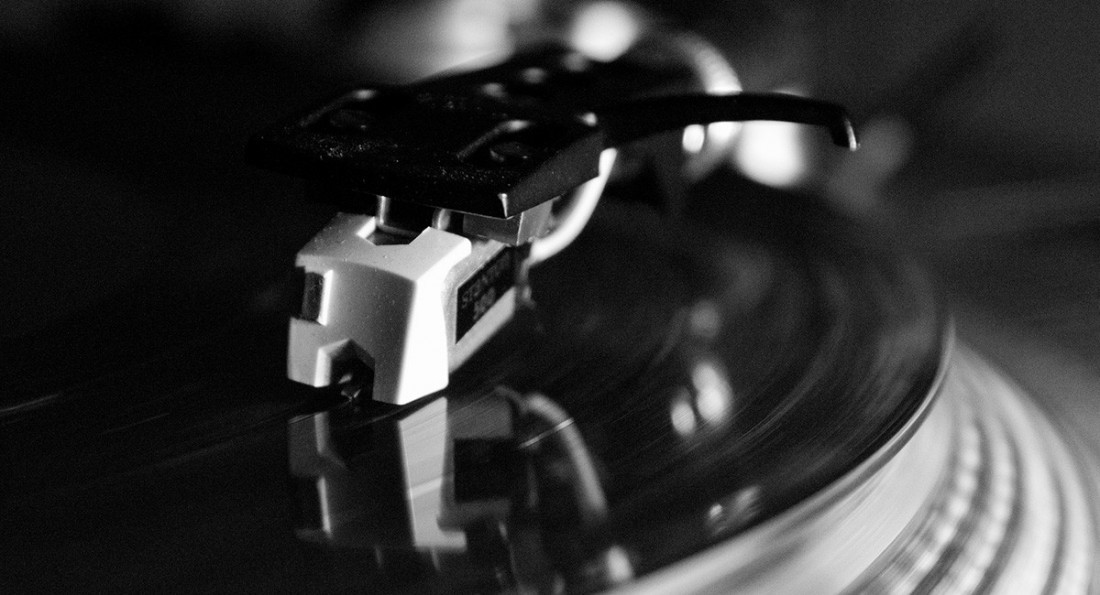Rules are Made to be Broken
Since the beginning, hip-hop music has always had rules – unwritten dos-and-don’ts. It was a way of making sure new jacks paid their dues. It was a way of weeding out biters. After all, hip-hop was/is a culture, and it had to be protected from being overrun by suckers. So, if you were a young upstart hoping to enter the fray, you had to know the rules. Because sooner or later, you were gonna get called out.
When it came to sampling, for example, there was a definite code to adhere to. Now the art of sampling in hip-hop music is as old as the genre itself. From the very earliest recordings, emcees rapped over sampled breaks – either directly lifted from the record, or replayed by studio musicians. But as the genre grew, and the music got more sophisticated, so did the rules.
For one, you should never sample a song that someone else had sampled. And if you did, then you at least better flip it differently. You should also only sample from records, and original pressings, too. The purists didn’t mess around! Part of the art was digging for old dusty records. You had to put in the work. The rarer the record, the harder you dug, and the less likely someone else’s beat was gonna have the same sample. Which is why you’d never sample a new song – where’s the mystery in sampling a track that people are hearing on the radio all day? (For some reason Brand Nubian got a pass when, in 1990, they sampled the 1988 radio hit “What I Am” by Edie Brickell for their song “Slow Down.”)
Now three (really, three?) hip-hop generations deep, the rules have changed. Or perhaps the new rules are that there are no rules.The purists cluck their tongues and shake their heads when they hear Drake over a loop lifted from a pop song that came out a couple months earlier. They call out that hot new wunderkind producer when they learn he does his digging not in mildewy record store basements, but rather on YouTube and iTunes. Ironically, what the purists fail to realize is that these abominations – this total disregard of the rules – is exactly how hip-hop music was perceived in the beginning. Soul and rock and roll purists also cried foul when they started to hear this new style of music that, to them, was nothing more than someone talking over a Chic or Aerosmith record. “That’s not how music is made,” they howled. “There are rules!”
So, just who are these new producers, thumbing their noses at the purists?
Drake’s “Pound Cake/Paris Morton Music 2” (2013) samples Ellie Goulding’s “Don’t Say a Word” (2012)
Maybe he heard it on the radio, or maybe on the PA when he was shopping with a girl at Aritzia in Eaton Centre, but it didn’t take Toronto producer Boi-1da long to loop up a couple haunting vocal parts from the UK’s Goulding for his ol’ pal Drizzy Drake. Listen to it here.
Kendrick Lamar’s “The Recipe” (2012) samples Twin Sister’s “Meet The Frownies” (2010)
Producer Scoop Deville didn’t make any friends with the purists back in 2009 when he sampled the obvious intro of one of the most recognizable hip-hop songs ever, Rob Base & DJ EZ-Rock’s “It Takes Two,” for Snoop Dogg’s single “I Wanna Rock.” For Kendrick Lamar, he liberally loops vocal portions of New York’s Twin Sister’s song from two years earlier. Check it out here.
Schoolboy Q’s “Hands On The Wheel” (2012) samples Lissie’s “Pursuit of Happiness” (2011)
This one musta caused some of the purists’ brains to suffer feedback loops: Rapper Kid Cudi releases “Pursuit of Happiness” in 2010. Folk singer Lissie covers it in 2011. Production team Best Kept Secret sample the cover in 2012. Hip-hop purists around the world jump out their closest window. The song can be heard here.
Kendrick Lamar’s “Money Trees” (2012) samples Beach House’s “Silver Soul” (2010)
In this current “no rules” landscape, nothing is safe. Modern indie rock is definitely getting mined for samples a lot these days, too. For this Kendrick jam, producer DJ Dahi cleverly loops in reverse the opening two measures from “Silver Soul” by Baltimore dream pop duo Beach House, making it sound even dreamier! Does the combination work? The track can be found here.
Drake’s “Take Care” (2011) samples Gil Scott-Heron’s “I’ll Take Care of U (Jamie xx remix)” (2011)
The hip-hop purists are definitely familiar with Gil Scott-Heron. His seventies catalogue has been culled for samples by the likes of Common, Masta Ace and KMD. But this – this song did not sit well with them.
Scott-Heron released the song “I’ll Take Care of You” (itself a cover of the 1959 original written by Brook Benton) on his 2010 comeback album I’m New Here. A year later, Jamie xx of The xx remixed the entire record, releasing it as We’re New Here. Producer Noah "40" Shebib sampled the remixed song (now titled “I’ll Take Care of U”) for Drake and Rihanna’s song “Take Care.” Get all that? Noses were out of joint because this was not simply a sample, but a cover (of a cover), being performed over a sample, of the song they were sampling! Is that allowed? Where are the rules?
Well, to the naysayers, I’d like to submit into evidence – Run DMC’s “Walk This Way.” To the rock & roll purists of 1986, it was the exact same thing: a cover, being performed over a sample, of the song they were covering. But that was early on. Maybe the rules weren’t so set in stone yet.
For nine years, Hunnicutt hosted Born In The Break, a radio program about the art of sampling. So, you know, he likes to think he knows what he’s talking about.
Published in Volume 68, Number 8 of The Uniter (October 23, 2013)







